Honda and Nissan are discussing a potential merger.
January 10, 2025
Written by Turian Biel

Table of Contents
- Honda and Nissan Begin Negotiations for Merger
- Overview of the Proposed Merger
- Reasons Behind the Merger Talks
- Impact of Electric Vehicle Market Trends
- Government Involvement in the Merger
- Challenges Facing the Merger
- Market Reactions to the Merger Talks
- Future Prospects for Honda and Nissan
- Potential Benefits of the Merger
- Conclusion of Current Developments
- Strategic Implications of the Merger
- Financial Considerations of the Merger
- Conclusion
Honda and Nissan Begin Negotiations for Merger
Overview of the Proposed Merger
The Japanese government has proposed a merger between Honda and Nissan to strengthen their position in the automotive market. This initiative aims to create a more competitive entity capable of selling over 10.4 million cars annually. The discussions are part of a broader trend in the industry, as automakers face increasing competition and the need for innovation.
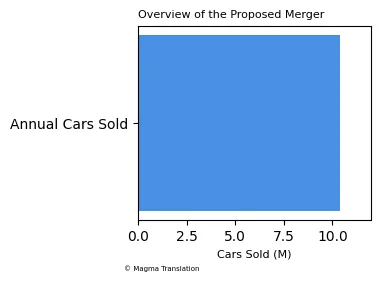
Reasons Behind the Merger Talks
Honda and Nissan are exploring a merger primarily to enhance their competitiveness in the electric vehicle sector. The automotive industry is undergoing significant changes, with traditional manufacturers needing to adapt to the rise of electric vehicles and advanced technologies. According to reports, this merger could help both companies leverage shared resources and expertise to navigate these challenges effectively Nikkei.

Impact of Electric Vehicle Market Trends
The shift towards electric vehicles is a crucial factor driving the merger discussions between Honda and Nissan. Both companies recognize the need to innovate and invest in electric vehicle technologies to remain competitive. Analysts suggest that this collaboration could significantly reduce costs and enhance their market position against emerging competitors like Tesla and BYD O Globo.
Government Involvement in the Merger
The Japanese government has played a pivotal role in facilitating discussions between Honda and Nissan. Prime Minister Shinzo Abe's cabinet initiated talks to explore the potential merger, emphasizing the importance of maintaining Japan's automotive industry leadership amid global competition. This governmental support highlights the strategic significance of the merger for the country's economy Financial Times.
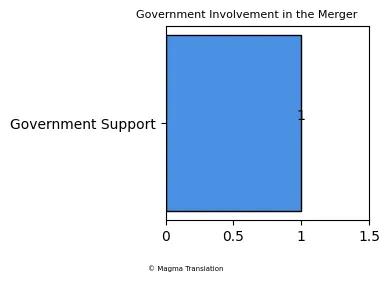
Challenges Facing the Merger
Despite the potential benefits, Honda and Nissan face several challenges in their merger negotiations. Concerns about brand identity, operational integration, and market positioning must be addressed. Additionally, both companies need to navigate the complexities of their existing alliances and partnerships, particularly with Renault and Mitsubishi Bloomberg Linea.
Market Reactions to the Merger Talks
The announcement of merger negotiations has generated mixed reactions in the automotive market. Investors and analysts are closely monitoring the situation, as the merger could reshape the competitive landscape. Some view it as a necessary step for survival in an increasingly challenging market, while others express skepticism about the feasibility of such a large-scale merger Valor.
Future Prospects for Honda and Nissan
If the merger proceeds, Honda and Nissan could emerge as a formidable player in the global automotive market. The combined resources and expertise would enable them to accelerate the development of electric vehicles and other advanced technologies. This strategic move could position them favorably against competitors and help them adapt to the evolving market landscape Auto Indústria.
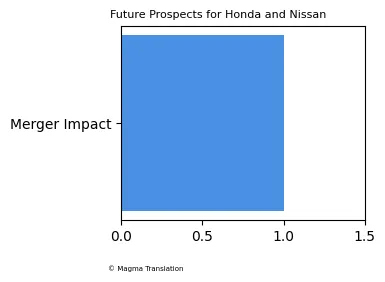
Potential Benefits of the Merger
The merger between Honda and Nissan could yield significant benefits, including cost efficiencies, enhanced research and development capabilities, and a stronger market presence. By pooling their resources, the two companies could accelerate innovation and improve their competitiveness in the electric vehicle sector, which is crucial for long-term success Gazeta do Povo.
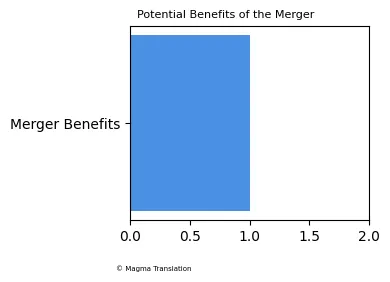
Conclusion of Current Developments
As Honda and Nissan continue their negotiations, the automotive industry will be watching closely. The outcome of these discussions could have far-reaching implications for both companies and the broader market. Stakeholders are eager to see how this potential merger unfolds and what it means for the future of the automotive landscape.
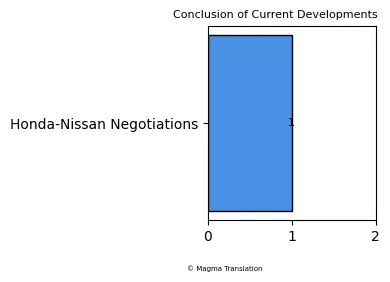
Strategic Implications of the Merger
Potential Market Share Gains
The merger between Honda and Nissan could significantly increase their market share in the automotive industry. By combining their strengths, the two companies could create a more robust entity capable of competing with larger automakers. This strategic move would allow them to leverage their collective resources and expertise, potentially leading to a stronger foothold in both domestic and international markets UOL.
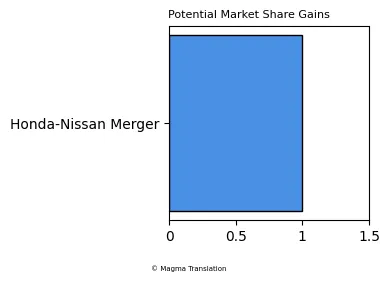
Innovation and Technology Development
One of the key benefits of the Honda and Nissan merger would be the enhanced capacity for innovation and technology development. By pooling their research and development efforts, the companies could accelerate the creation of new technologies, particularly in the electric vehicle sector. This collaboration could lead to breakthroughs that would help them stay competitive in a rapidly evolving market Nissan Clube.
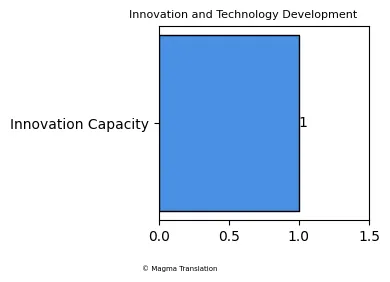
Environmental Sustainability Goals
Both Honda and Nissan have set ambitious environmental sustainability goals, including achieving carbon neutrality by 2050. A merger could enhance their ability to meet these targets by combining their efforts in developing eco-friendly technologies. This partnership would not only benefit the companies but also contribute positively to global sustainability efforts Exame.
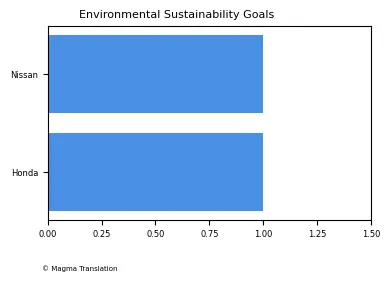
Consumer Perception and Brand Identity
The merger could also impact consumer perception and brand identity for both Honda and Nissan. While the collaboration may strengthen their market position, it is essential for both companies to maintain their unique brand identities. Effective communication strategies will be crucial in ensuring that consumers understand the benefits of the merger while preserving the distinct characteristics of each brand Valor.
Regulatory Challenges and Compliance
As Honda and Nissan pursue their merger, they will need to navigate various regulatory challenges and compliance issues. Mergers of this scale often attract scrutiny from regulatory bodies, which may impose conditions or require divestitures to maintain competition in the market. Both companies must be prepared to address these challenges to ensure a smooth merger process Auto Indústria.
Financial Considerations of the Merger
Cost Savings and Efficiency Gains
The proposed merger between Honda and Nissan could lead to significant cost savings and efficiency gains. By combining their operations, the two companies can streamline production processes, reduce overhead costs, and optimize supply chains. This collaboration may also enhance their bargaining power with suppliers, resulting in better pricing and terms. Analysts believe that these financial benefits are crucial for both companies to remain competitive in an increasingly challenging automotive market Gazeta do Povo.
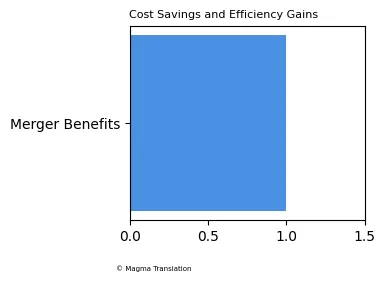
Financial Implications of the Merger
The financial implications of the Honda and Nissan merger are significant. By combining their operations, the two companies could achieve substantial cost savings through economies of scale. This merger could also enhance their bargaining power with suppliers and improve profitability. However, both companies must carefully assess the financial risks involved, including potential debt and integration costs, to ensure the merger is financially viable Gazeta do Povo.
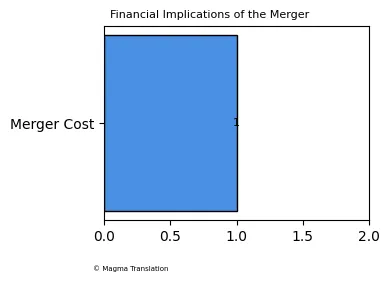
Conclusion
The ongoing negotiations between Honda and Nissan for a potential merger represent a pivotal moment in the automotive industry. As both companies navigate the complexities of this partnership, the implications for their future competitiveness and innovation capabilities will be closely watched.
